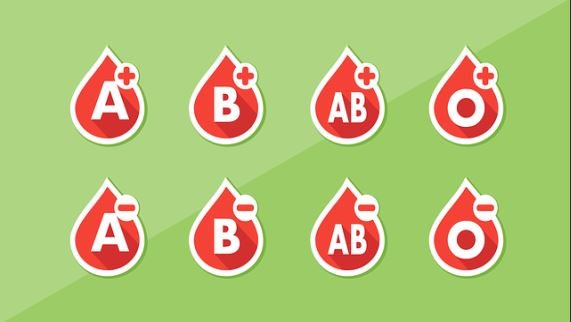
Can blood type determine paternity?
No. Blood type cannot determine paternity. Blood type can be used to exclude a man from being the biological father of a child. Below is an example of exclusion.
Exclusion: If a child has a blood type that couldn’t possibly result from the combination of the mother’s and alleged father’s blood types, then that man can be excluded as the biological father. For example, if both parents have type A blood, they cannot have a child with type B blood.
Limited combinations: There are only four main blood types (A, B, AB, and O) in the ABO system. This limited number of possibilities means that many unrelated people share the same blood type.
Paternity Testing
For these reasons, while blood type can sometimes exclude paternity, it cannot definitively confirm it. DNA paternity testing, analyzes more genetic markers, is required for conclusive paternity determination.
Contact our office at 973-609-5102 to learn more about the types of paternity tests we provide.
Can a child have a different blood type than both parents?
Yes, it is possible for a child to have a different blood type than both parents. This can occur in several scenarios within the ABO blood typing system:
- If both parents are type A, but both carry a recessive O allele (genotype AO), they can have a type O child (OO).
- If both parents are type B with a recessive O allele (BO), they can have a type O child.
- If one parent is type A and the other is type B, they can have a type AB child, which is different from both parents.
- If one parent is AB and the other is O, the child will be either A or B, different from both parents.
The inheritance of blood types is more complex than the answer suggests, involving multiple alleles and dominant/recessive relationships. Additionally, other blood typing systems (like Rh factor) can also result in children having different blood types from their parents.
Which parent determines the blood type of the child?
Both parents contribute to determining a child’s blood type. Blood type is inherited through multiple alleles (gene variations) from both the mother and father. The ABO blood type system involves three alleles: A, B, and O. A and B are co-dominant, while O is recessive.
A child inherits one allele from each parent. The combination of these alleles determines the child’s blood type. For example:
- If a child inherits an A from one parent and an O from the other, the child will have type A blood.
- If a child inherits a B from one parent and an O from the other, the child will have type B blood.
- If a child inherits an A from one parent and a B from the other, the child will have type AB blood.
- If a child inherits an O from both parents, the child will have type O blood.
Gender does not play a role in determining blood type inheritance. The outcome depends on the specific alleles each parent passes to the child.”
How to determine blood group from parents?
Determining a child’s blood group based on their parents’ blood types involves understanding the inheritance patterns of ABO blood groups and Rh factors. Here’s a general guide:
- ABO Blood Group System: The ABO system has three alleles: A, B, and O.
- A and B are dominant over O
- A and B are codominant with each other
- Rh Factor: There are two alleles: Rh+ (dominant) and Rh- (recessive)
- Inheritance patterns:
ABO possibilities:
- If both parents are type O, the child will be type O.
- If one parent is A and the other is O, the child can be either A or O.
- If one parent is B and the other is O, the child can be either B or O.
- If one parent is A and the other is B, the child can be A, B, AB, or O.
- If one parent is AB, the child cannot be type O.
Rh factor possibilities:
- If both parents are Rh+, the child can be Rh+ or Rh-.
- If one parent is Rh+ and the other is Rh-, the child can be Rh+ or Rh-.
- If both parents are Rh-, the child will be Rh-.
- Punnett squares: You can use Punnett squares to visualize possible combinations and calculate probabilities.
- Exceptions: Rare genetic variations or mutations can occasionally lead to unexpected blood types.
- Professional testing: For absolute certainty, professional blood typing should be conducted.
Remember, while you can predict possible blood types based on parents’ blood groups, you cannot determine a child’s exact blood type without proper medical testing.
